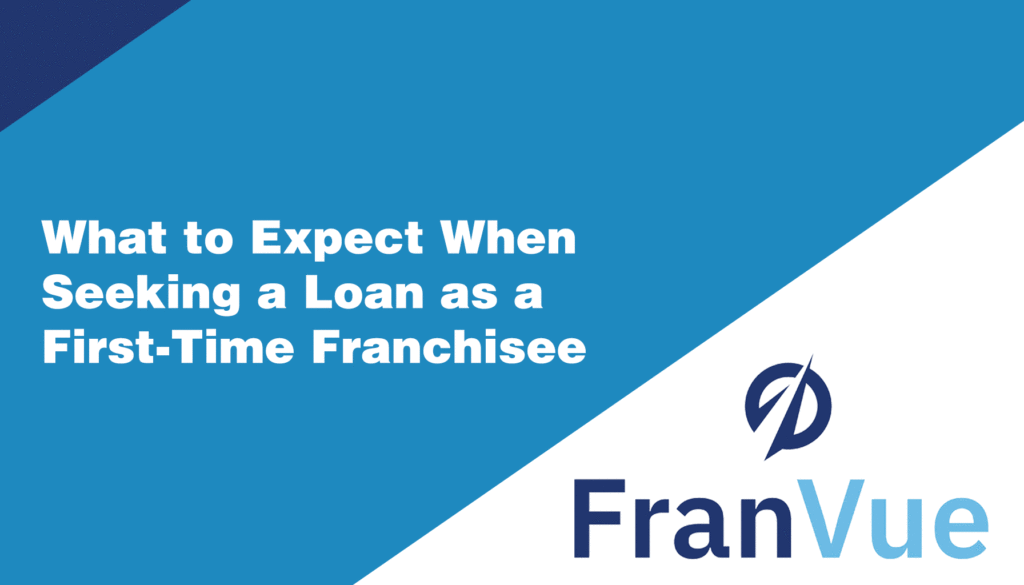If you are a first-time franchisee looking for a business loan, you may be surprised by some of the things that lenders may require. Franchise companies demand an initial payment from those who want to partner with them, and getting this upfront cost can be difficult.
It’s true that some franchise businesses require no or low capital to start. Franchisees may also be able to get a grant, although this is rare. Besides, Small Business Administration (SMA) works with pre-approved lenders to provide initial funding to new, small start-ups.
However, despite SBA intervention, business loans can take a serious toll on new and excited business owners. Moneylenders will expect you to make some sacrifices when looking for a business loan, so get ready for some demanding requests. Determine your levels of tolerance for each request before signing agreements for your first business loan. Here are the requirements lenders will expect you to accept when seeking business financing:
Your Financial Strength
Banks want their money back (with interest, of course) when they give out a loan, so you have to assure them you are worth the risk, either by showing proof of cash reserves or evidence of past success. Remember, you need to have work experience to be able to get a job, and there is no way you can have experience without having a job. This same thing applies here. If you have a chuck of cash saved up, you won’t need to get a loan for your business, and to secure a loan, you need to show evidence that you have the cash or have operated a business successfully before.
Other income sources
Lenders don’t expect you to get money to repay the loan from the business. Although that may be what you are planning to do, the lender will still expect you to repay them, even if your business fails. This may mean getting repayment from another source, such as cash, investments, or a spouse’s income. So, don’t be taken aback when the risk evaluation does not focus only on your expected but currently un-proven profit.
Personal Guarantees
Corporate laws provide many ways for burrowers to avoid losing their personal property when a business fails. So how do lenders get around this for first-time entrepreneurs? They require a personal guarantee that you (and maybe your partner depending on your state) will need to sign to obtain the loan. A personal guarantee is a written document stating that you take full responsibility for the loan, even if the debt takes many years to be cleared after selling or foreclosing the business. Sure, your business plan is nice and likely to work, but the banks prepare for the worst possible outcome.
Liens
If you don’t have cash reserves, credit, and other sources of income, lenders will secure the loan by placing a lien on your property, such as your house, car, boat, or any other thing of high value. Putting a lien on those collateral items doesn’t stop you from using them, so you can still enjoy a boat ride on your work-free days. However, if you fail to make loan your loan repayments, you will not be able to sell your house, car, or both unless you pay off the franchise loan.
Do not let all these discourage you from seeking a business loan. You can make franchising work for you by putting in effort and time and using your new company’s resources. However, as you pursue franchise business financing, be prepared for some demanding requests from moneylenders.


